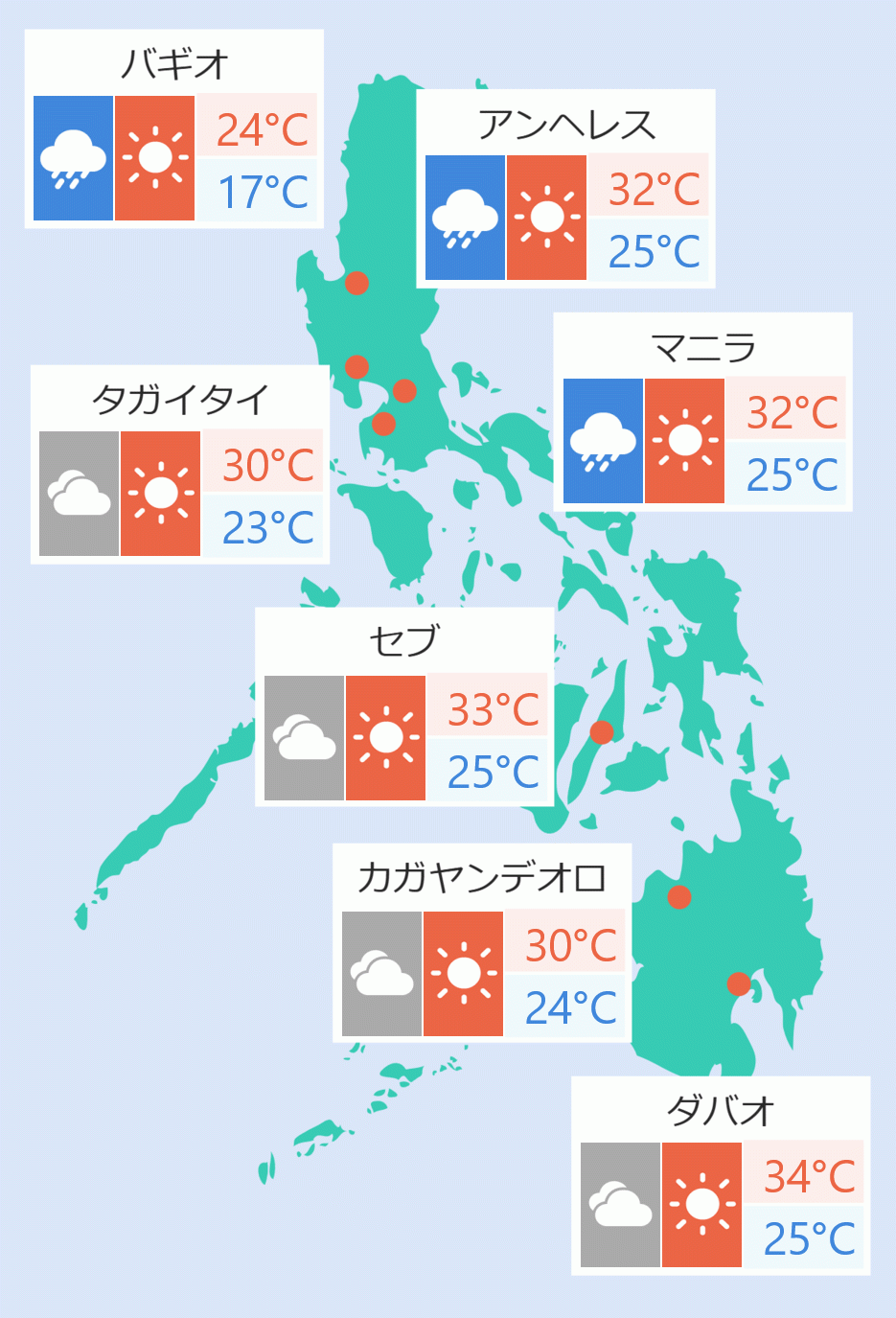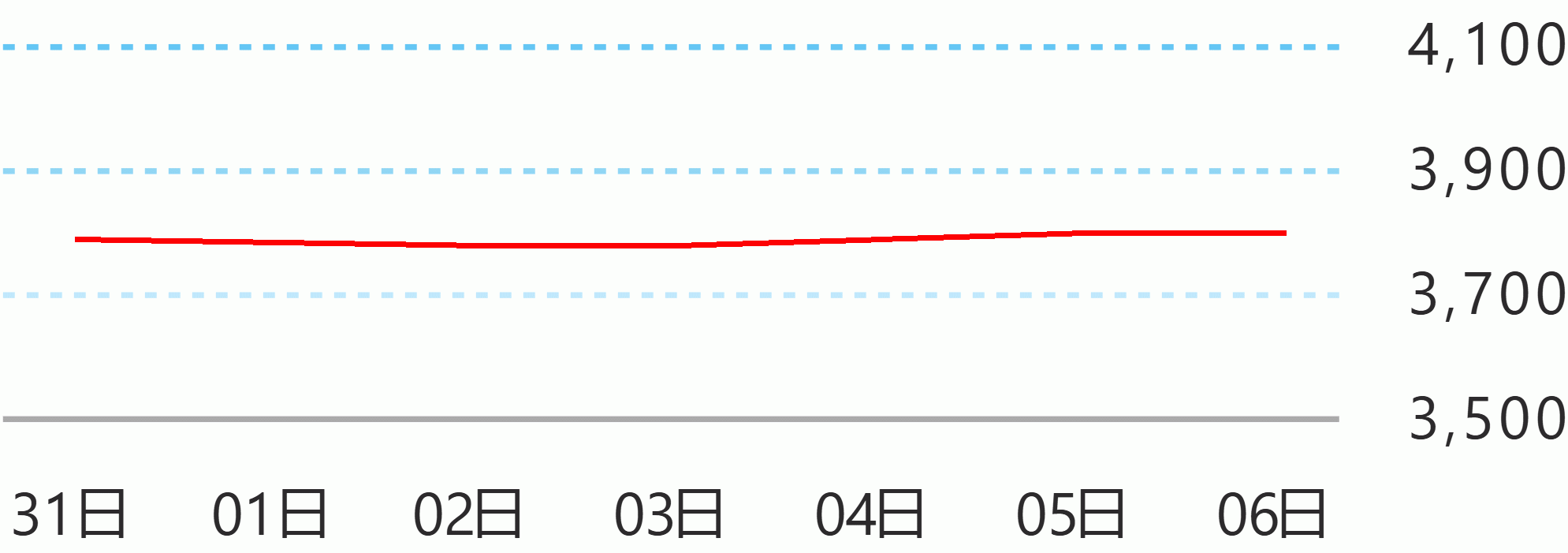President Rodrigo Duterte does not see the pre-trial detention of 14 days under the anti-terrorism bill a violation of the Constitution, Malacañang said on Wednesday.
Presidential Spokesperson Harry Roque noted that even under the existing Revised Penal Code, authorities are allowed to detain a suspect up to 36 hours.
"Let's just say that as a trial fiscal there's one issue that he (Duterte) has no problems with and that is pre-trial detention because as you know even under the existing Revised Penal Code, there is a period of up to 36 hours that authorities who were arrested for quo warranto arrest can be detained and that is for the purpose of preventing evasion or extraction of evidence," he said in an interview by ANC.
"So he does not feel that the 14-day period is actually a violation of the constitutional provision that a warrant of arrest can only be issued by a judge because the law does not change that constitutional rule," he explained.
After the 14-day pre-trial detention, which is extendable for another 10 days, he said still it is the court which will issue the warrant of arrest against the suspected terrorist.
He said Duterte has "very clear distinction" between the pre-trail detention and warrant of arrest for purposes of court jurisdiction over a person.
Roque also refuted the opinion of retired Supreme Court Associate Justice Antonio Carpio that the Anti-Terrorism Council's designating someone as suspected terrorist was a constitutional infirmity.
"We beg to disagree because it's still the courts who will designate a person as a terrorist organization. In fact, we have to file a petition with the Court of Appeals, not just with the Regional Trial Court," he said.
Roque reiterated that Duterte is inclined to approve the anti-terrorism bill, which is now being reviewed by his legal team.
"I think barring constitutional infirmities, he is inclined to sign it. But he wants to see the bill, he wants to make a personal determination first," he added.
Some quarters have been opposing the anti-terrorism bill as this could allegedly be used by the administration against its critics and to commit human rights violations once it becomes a law. Celerina Monte/DMS





 English
English









